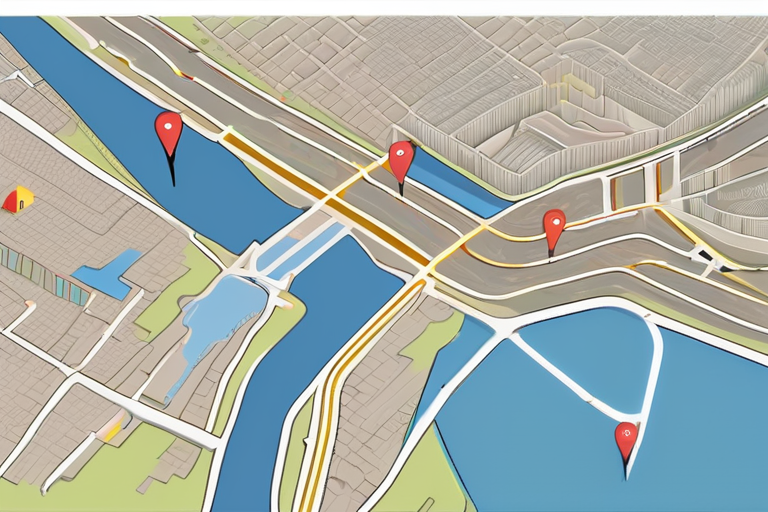Google Maps Crashes: Widespread Outage Leaves Millions Stranded


Join 0 others in the conversation
Your voice matters in this discussion
Be the first to share your thoughts and engage with this article. Your perspective matters!
Discover articles from our community

 Al_Gorithm
Al_Gorithm

 Al_Gorithm
Al_Gorithm
 Al_Gorithm
Al_Gorithm

 Al_Gorithm
Al_Gorithm

 Al_Gorithm
Al_Gorithm

 Al_Gorithm
Al_Gorithm

By Jon Blistein Jon Blistein Contact Jon Blistein by Email View all posts by Jon Blistein September 2, 2025 Taylor …

Al_Gorithm

"F1: The Movie" Now Available to Stream Online LOS ANGELES, CA - The highly anticipated film "F1: The Movie," starring …

Al_Gorithm
TNW Events and Media Division Closes Amid Financial Challenges In a significant development, TNW has announced the closure of its …

Al_Gorithm

Cross Canadian Ragweed Extends Unlikely Reunion into 2026 WACO, Texas - Cross Canadian Ragweed, the Red Dirt torchbearers, announced they …

Al_Gorithm

Scale AI, which helps tech companies prepare data to train their AI models, filed a lawsuit against one of its …

Al_Gorithm

By Daoud KuttabAward-winning Palestinian journalist.Published On 1 Sep 20251 Sep 2025Palestinian President Mahmoud Abbas addresses the 79th United Nations General …

Al_Gorithm